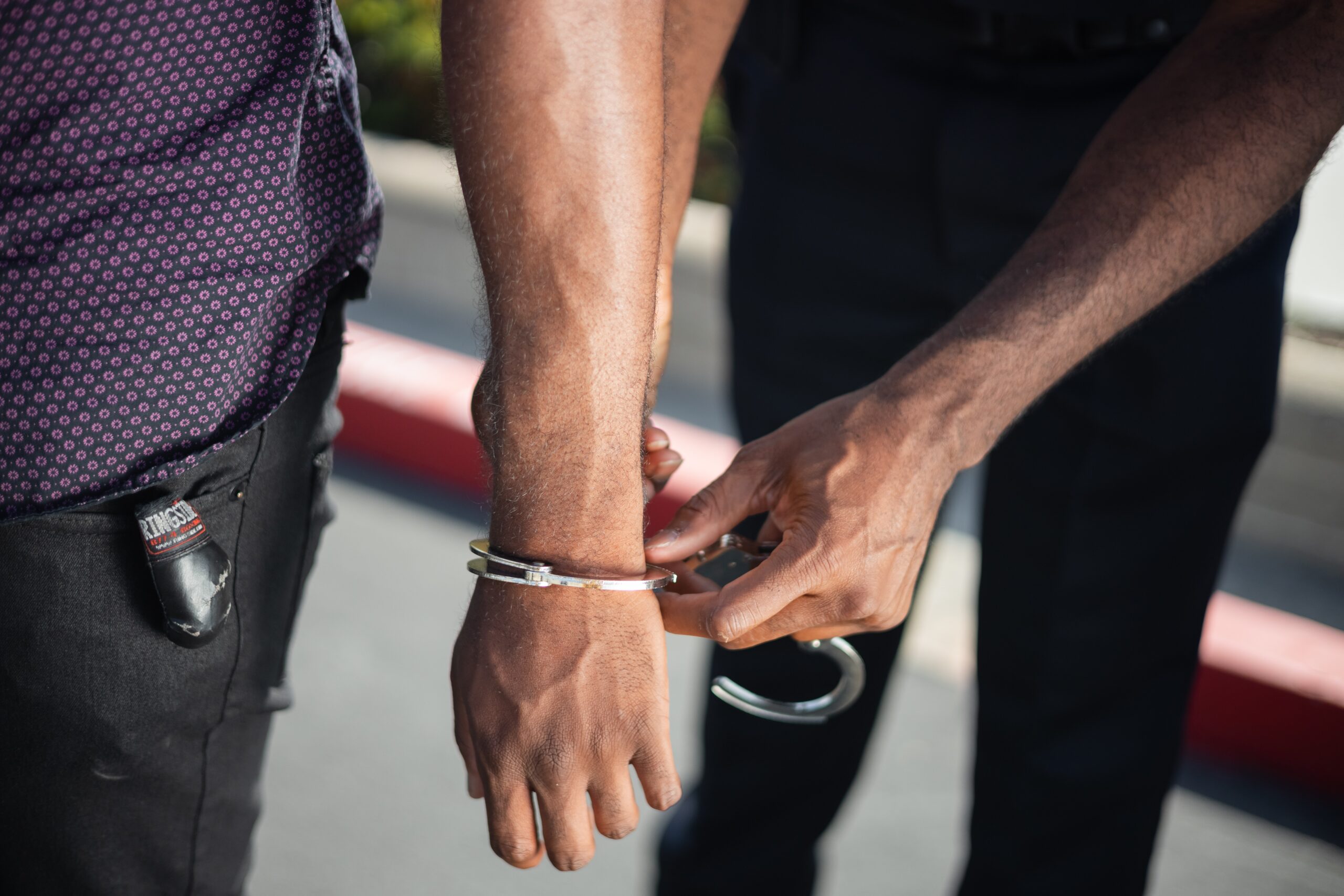Now Reading: Important Evidence You Need to Prove a Truck Accident Case
-
01
Important Evidence You Need to Prove a Truck Accident Case

Important Evidence You Need to Prove a Truck Accident Case
Truck accidents can result in severe injuries, property damage, and even fatalities. Proving fault in a truck accident case can be challenging, and it requires a significant amount of evidence to establish liability. In this article, we will discuss the crucial evidence that you need to prove a truck accident case and how to gather it effectively.
The Importance of Evidence in a Truck Accident Case
Evidence is essential in a truck accident case because it is used to establish who was at fault for the accident. If you are the victim of a truck accident, you will need to prove that the truck driver or trucking company was negligent, and that their negligence caused your injuries. Without sufficient evidence, it can be challenging to establish liability, and you may not receive the compensation you deserve.
The following evidence can help strengthen your truck accident case:
Police Report
A police report is an official document that provides details of the accident, including the date, time, location, and parties involved. It also includes information about any injuries, property damage, and witnesses. The police report is critical evidence because it can help establish fault and liability for the accident.
The officer who responds to the accident scene will conduct an investigation and make notes about the accident’s cause and who is at fault. These notes are essential when building your case.
Witness Statements
Witness statements are statements from individuals who saw the accident occur. Witnesses can provide crucial information about the accident, such as the speed of the truck, the position of the vehicles, and any other details that may help establish fault. It is important to obtain witness statements as soon as possible after the accident, as memories can fade over time.
Witnesses can be located at the accident scene or nearby businesses or homes. Their statements can be used to support your claim and strengthen your case.
Truck Driver’s Logbook
Truck drivers are required to keep a logbook that records their driving hours, rest periods, and other important information about their trip. The logbook can be used to establish if the driver was in compliance with federal regulations that limit the number of hours a driver can operate a truck in a day or week. If the driver violated these regulations and caused an accident, the logbook can provide crucial evidence to support your case.
Trucking Company Records
Trucking companies are required to maintain records about their drivers, trucks, and maintenance schedules. These records can provide valuable evidence about the truck’s condition at the time of the accident, any previous accidents involving the truck or driver, and any maintenance issues that may have contributed to the accident. These records can be difficult to obtain.
Get help from a Cory Watson truck accident lawyer to access them through the proper legal channels.
Accident Reconstruction
Accident reconstruction involves recreating the accident scene to determine how the accident occurred. It can provide valuable information about the speed and position of the vehicles, the point of impact, and other details that can help establish fault.
Accident reconstruction may involve using computer simulations, physical models, or other methods to recreate the accident scene. It can be costly, but it can provide powerful evidence to support your case.
How to Gather Evidence for a Truck Accident Case
Gathering evidence for a truck accident case can be challenging, but there are several steps you can take to ensure you have the evidence you need to build a strong case.
- Call the police: If you are involved in a truck accident, call the police immediately. The police will create a report that can be used as evidence in your case.
- Take photos and videos: Use your smartphone or camera to take pictures and videos of the accident scene, the vehicles involved, and any injuries or property damage. These photos and videos can provide valuable visual evidence to support your case.
- Get medical treatment: Seek medical treatment as soon as possible after the accident. Not only is this important for your health and well-being, but it can also help establish a link between the accident and your injuries, so keep all medical records related to the accident, including bills, receipts, and reports.
- Contact an attorney: An experienced truck accident attorney can help you gather evidence and build a strong case. They have the knowledge and resources to obtain crucial evidence, such as trucking company records and accident reconstruction reports.
- Talk to witnesses: If there were witnesses to the accident, obtain their contact information and ask for a statement. Witness statements can provide valuable information about the accident and support your case.
- Preserve evidence: Keep all evidence related to the accident, including damaged property, clothing, and other items. These items can be used to support your case and show the extent of the damages you suffered.
- Be cautious with social media: Avoid posting anything on social media that could be used against you in your case. Insurance companies and defense attorneys often search social media for evidence, so be mindful of what you post.
A Lawyer Can Help You
Gathering sufficient evidence is crucial when proving fault in a truck accident case. A police report, witness statements, truck driver logbook, trucking company records, and accident reconstruction reports are all critical pieces of evidence that can help establish liability. If you are involved in a truck accident, take steps to gather evidence, seek medical treatment, and contact an experienced attorney.
With the right evidence and legal representation, you can receive the compensation you deserve for your injuries and damages.

With a law degree under his belt, Mark Scott understood very early that law communication was a relatively neglected area. He decided to help people by “translating” the language and offering information and advice in a clear, useful, and actionable manner. For this reason, instead of finding him in court, you will most likely find his name online, where he is very active and thriving as a legal columnist. His part of making the world a better place is to make the law a less convoluted maze. He aims to make it easier for people to understand when and how to seek legal counsel, how to proceed in a significant number of legal matters, and to find the proper resources so they can stand up for their rights.










